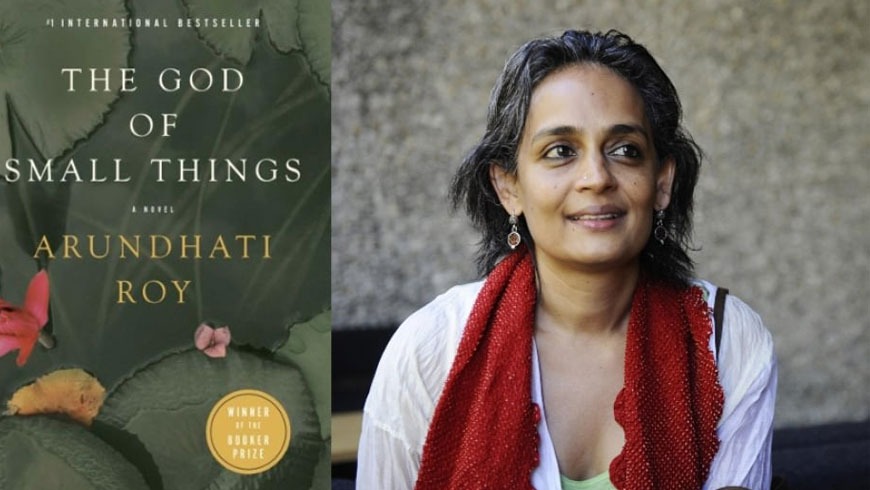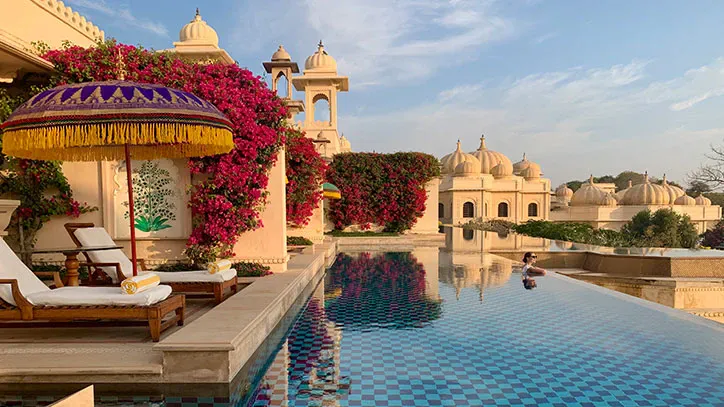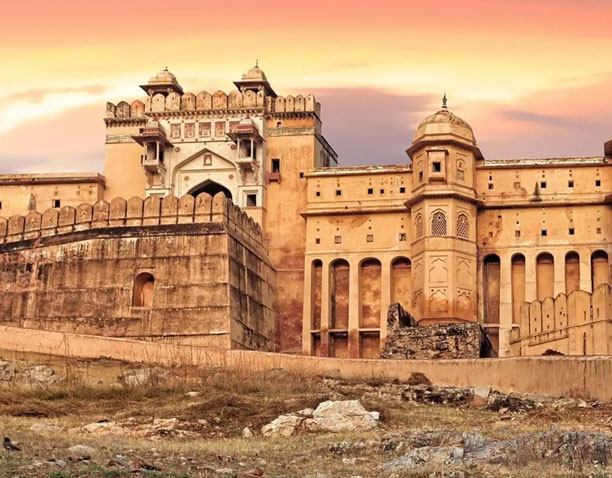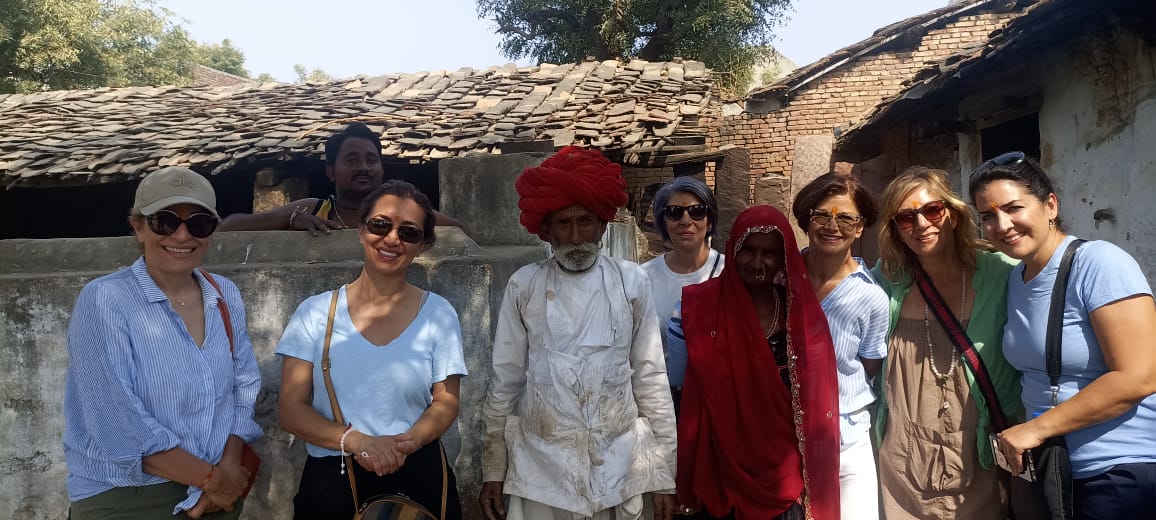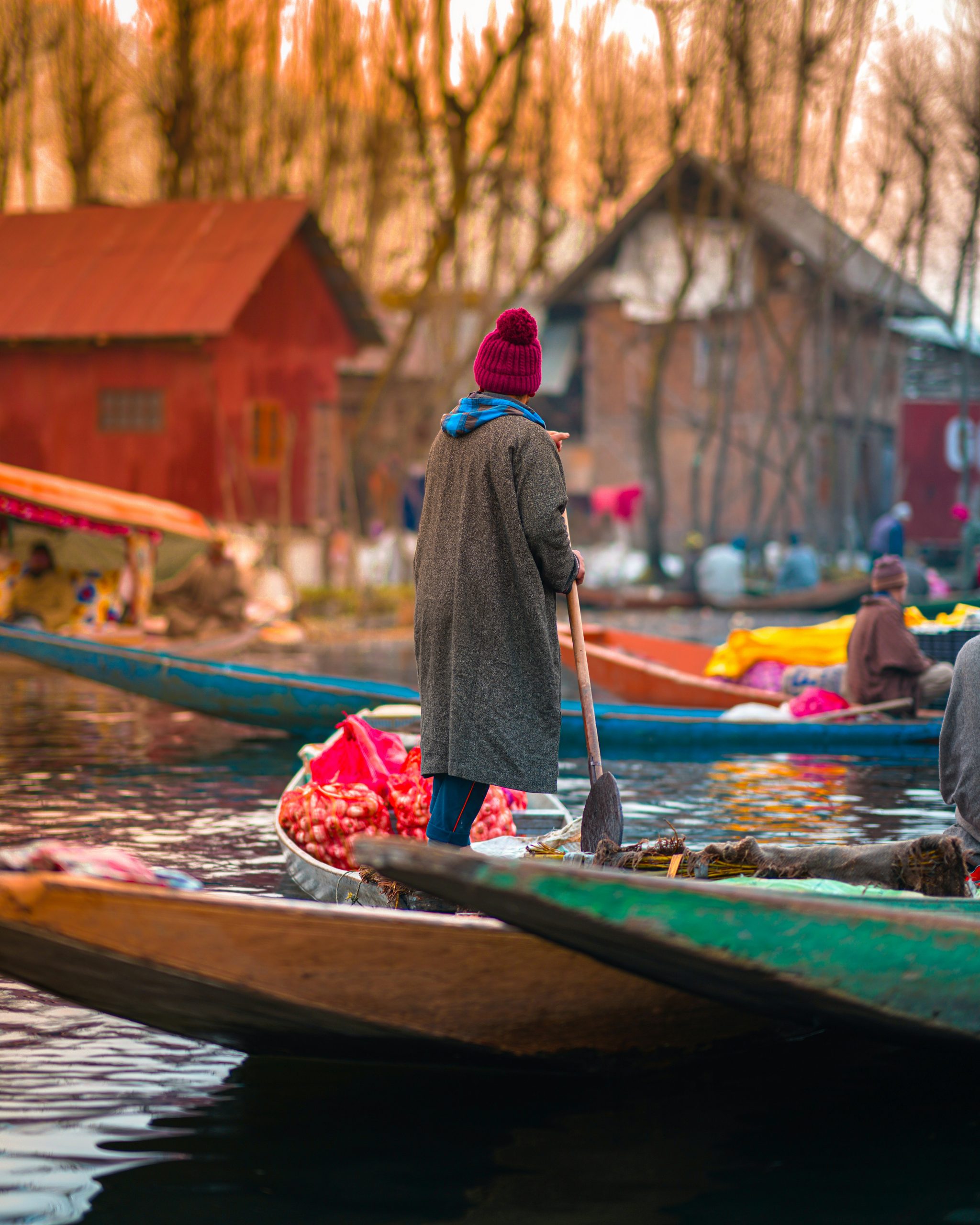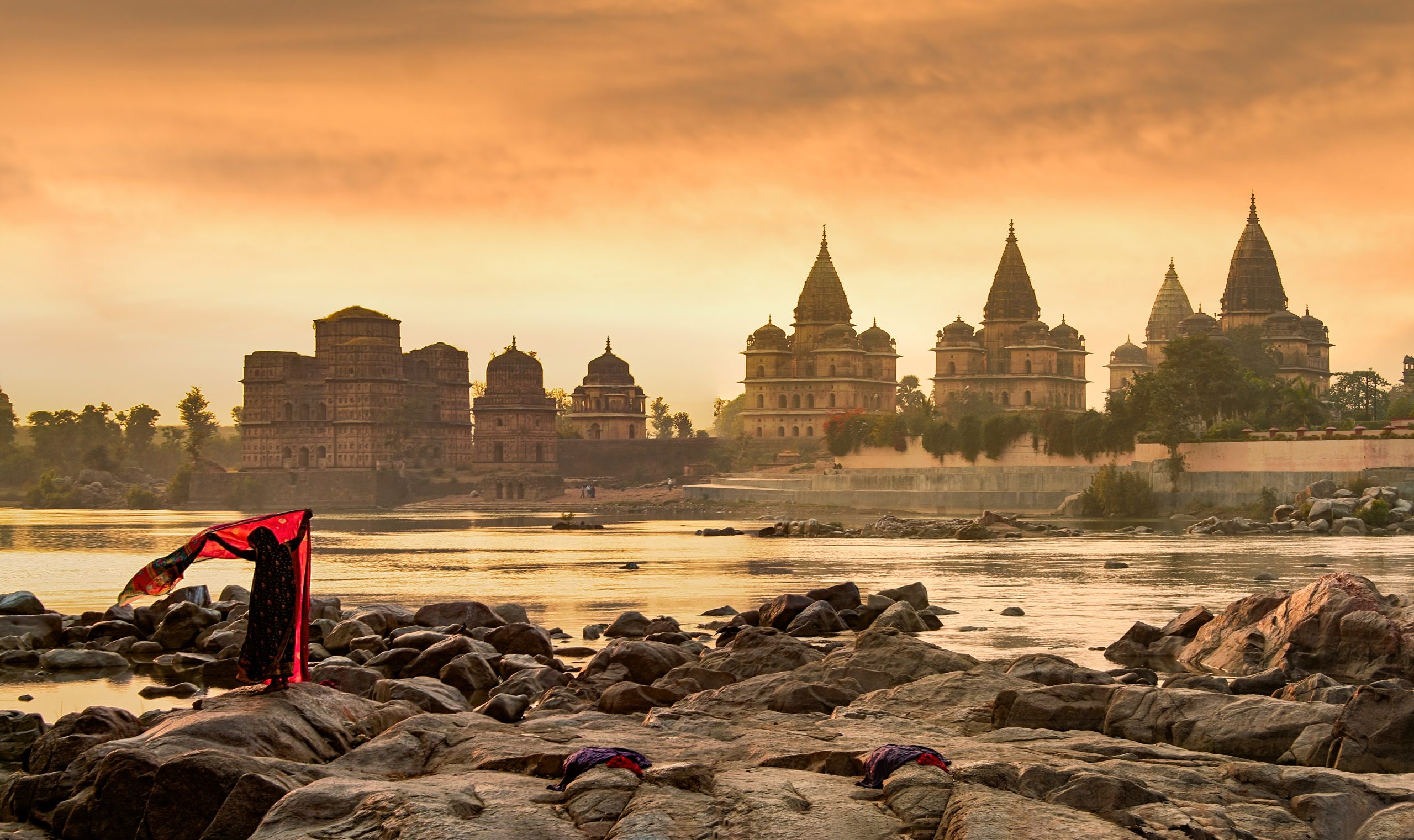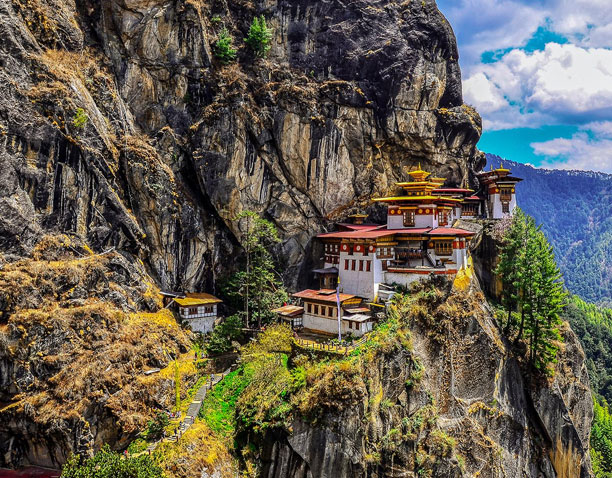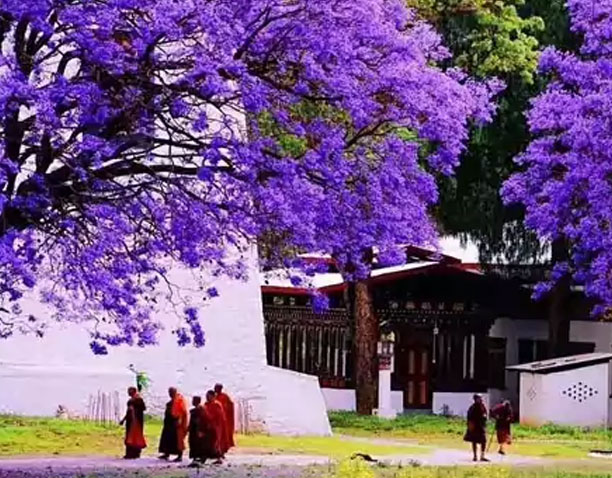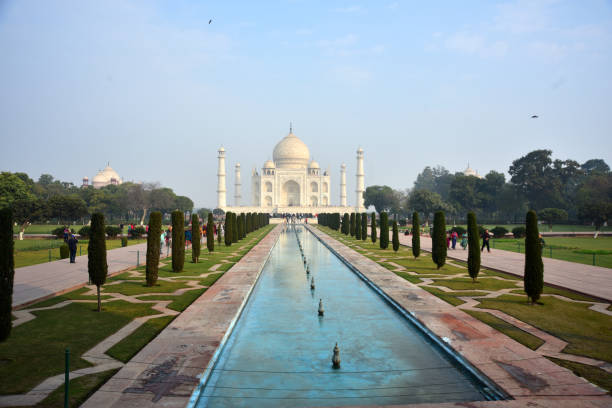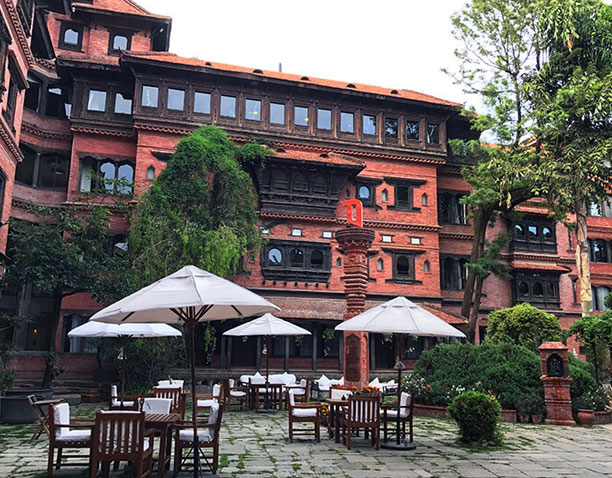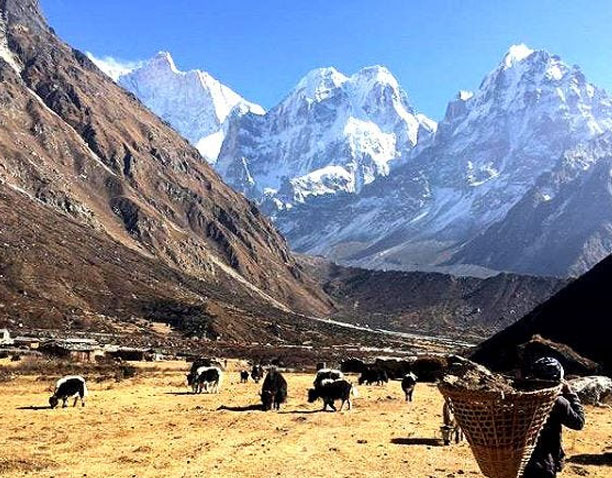India, a land of rich history, diverse culture, and vibrant colors, has always been a favorite destination for travelers. With its breathtaking landscapes, architectural marvels, and the heartwarming hospitality of its people, it is a country that leaves an indelible impression on all who visit. But to truly immerse oneself in the essence of India, it is essential to delve into its literature. Reading the works of Indian authors can provide a deeper understanding of the country’s customs, traditions, and the intricacies of its society.
In this article, we will introduce you to eight must-read books that will not only offer a literary feast but also enhance your India tour experience. These books, written by both Indian and foreign authors, will allow you to delve into the minds of the characters and the settings they inhabit, giving you a unique perspective of India that goes beyond the usual tourist spots. So, without further ado, let’s embark on a literary journey through India.
A Passage to India by E.M. Forster
A timeless classic, E.M. Forster’s ‘A Passage to India’ is set during the British Raj and explores the complex relationships between the Indians and their British colonizers. The story revolves around Dr. Aziz, a young Indian physician, and his friendship with a British schoolteacher, Cyril Fielding. The novel delves deep into the prejudices and misunderstandings that arise between the two cultures, eventually leading to a tragic incident that tests their friendship.
Forster’s vivid descriptions of the Indian landscape and his understanding of Indian culture make this book an essential read for anyone visiting India. The novel not only provides a glimpse into the history of British colonialism in India but also offers a profound understanding of the social and political issues that continue to shape the country today.
The God of Small Things by Arundhati Roy
Winner of the Man Booker Prize, Arundhati Roy’s ‘The God of Small Things’ is a beautifully crafted story set in the lush, green state of Kerala in southern India. The novel tells the tragic tale of fraternal twins, Estha and Rahel, who are separated as children following the death of their English cousin. As they grow older, the siblings reunite and attempt to come to terms with the dark secrets of their past.
Roy’s evocative prose and her ability to capture the essence of Kerala’s landscape, culture, and traditions make this book a must-read for anyone visiting the state. The novel provides a haunting and moving insight into the lives of ordinary people caught up in the complexities of India’s caste system, and the societal expectations that continue to shape their lives.
The White Tiger by Aravind Adiga
Aravind Adiga’s debut novel, ‘The White Tiger,’ is a dark and gripping tale of the underbelly of contemporary India. The story is narrated by Balram Halwai, a village boy from the heartlands of Bihar, who rises from poverty to become a successful entrepreneur in Bangalore. The novel traces Balram’s journey as he navigates the corrupt and ruthless world of Indian politics and business.
‘The White Tiger’ is an unflinching portrayal of the stark divide between the rich and the poor in India. The novel provides a thought-provoking commentary on the country’s economic growth and its impact on the lives of ordinary citizens. For those seeking a raw and authentic glimpse into modern India, this book is a must-read.
The Namesake by Jhumpa Lahiri
Jhumpa Lahiri’s ‘The Namesake’ is a poignant and beautifully written novel that explores the theme of identity and belonging. The story follows the life of Gogol Ganguli, the American-born son of Indian immigrants, who struggles to come to terms with his unique name, his dual heritage, and his place in the world.
Lahiri’s evocative writing and vivid descriptions of both India and America make this novel a compelling read for anyone interested in understanding the Indian diaspora. The book provides valuable insights into the challenges faced by immigrants as they navigate the complexities of assimilation and cultural preservation.
Midnight’s Children by Salman Rushdie
Often hailed as a modern classic, Salman Rushdie’s ‘Midnight’s Children’ is a magical realist novel that traces the lives of two children born at the exact moment of India’s independence from British rule. The protagonist, Saleem Sinai, is endowed with special powers that link him and the other children born at that moment to the fate of their newly independent nation.
Rushdie’s rich and imaginative narrative weaves together historical events, magical realism, and a compelling human story, providing a unique perspective on India’s history, culture, and politics. For those seeking a deeper understanding of India’s post-independence journey, ‘Midnight’s Children’ is an essential read.
The Palace of Illusions by Chitra Banerjee Divakaruni
Chitra Banerjee Divakaruni’s ‘The Palace of Illusions’ is a mesmerizing retelling of the Indian epic, the Mahabharata, from the perspective of Draupadi, the wife of the five Pandava brothers. The novel follows Draupadi’s life, from her magical birth to her role in the epic war that eventually leads to the downfall of the ancient Kuru dynasty.
Divakaruni’s vivid narrative and her ability to bring to life the world of myth and legend make this novel a must-read for those interested in exploring India’s rich literary heritage. The book provides a fresh and unique perspective on one of the most enduring stories of Indian mythology, making it an excellent companion for your India tour.
Shantaram by Gregory David Roberts
‘Shantaram’ is a semi-autobiographical novel by Gregory David Roberts, an Australian convict who escaped from prison and flees to India. The story follows Roberts, who goes by the name Lin, as he navigates the chaotic streets of Mumbai, finding love, friendship, and a new life amid the city’s underworld.
Roberts’ vivid descriptions of Mumbai’s bustling streets, teeming slums, and colorful characters make this novel an engrossing and immersive read. The book provides a unique view of India’s largest city through the eyes of a foreigner, offering valuable insights into the country’s complexities and contradictions.
Holy Cow! An Indian Adventure by Sarah Macdonald
Sarah Macdonald’s ‘Holy Cow! An Indian Adventure’ is a humorous and honest account of the author’s journey through India as she grapples with culture shock, spirituality, and self-discovery. Macdonald’s narrative is filled with colorful anecdotes and vivid descriptions of the places she visits, the people she meets, and the experiences that ultimately change her life.
For those seeking a lighthearted and enjoyable read that provides a glimpse into the daily life of modern India, ‘Holy Cow!’ is the perfect choice. The book is an entertaining and informative companion for your Indian luxury tour, offering a fresh and unique perspective on this diverse and fascinating country.
Enhancing your Indian Luxury Tour through Literature
By delving into these eight must-read books, you will gain a deeper understanding of India’s rich history, culture, and society. Each of these novels offers a unique perspective on different aspects of Indian life, allowing you to connect with the country on a more intimate level during your India tour.
As you embark on your Indian luxury tour, make sure to set aside some time to immerse yourself in these literary gems. They will not only provide you with countless hours of reading pleasure but also help you unlock the secrets of India, making your journey a truly enriching and unforgettable experience.
Conclusion: The Power of Books to Unlock India’s Secrets
In conclusion, these eight must-read books have the power to unlock the secrets of India and provide you with a truly enriching India tour experience. Through the pages of these novels, you will gain a deeper understanding of the country’s history, culture, and people, allowing you to connect with India on a more intimate level. So, as you prepare for your Indian luxury tour, make sure to pack these literary treasures in your suitcase and embark on a journey that transcends the usual tourist experiences.

